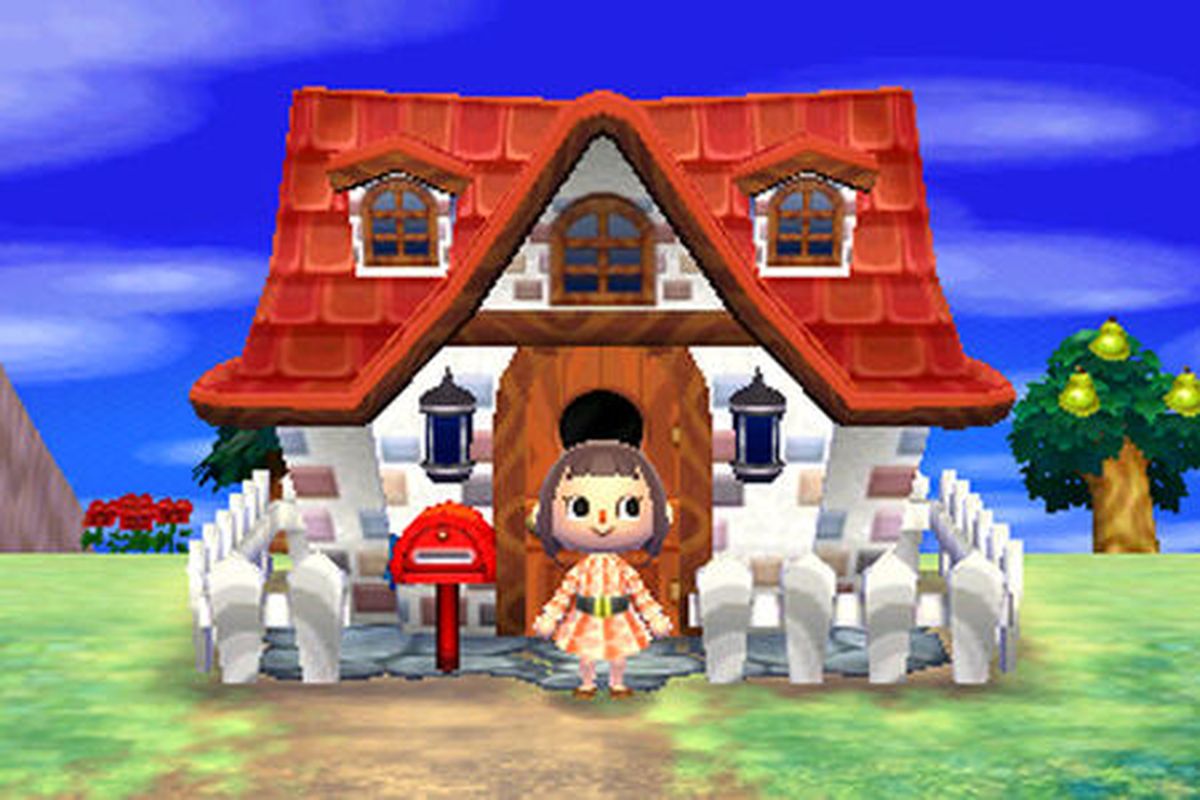In 2021, play became a way to think about life

If 2020 was the year we bonded via play – stuck at home we strengthened friendships and relationships over our “Animal Crossing” islands or “Among Us” bouts – 2021 is the year that play began to feel like a way of life.
Games gave us an opportunity to not just communicate but shape how we approach our experiences. After two years of collective stress, loss and grief, not to mention a still-divisive political climate, I’ve come to think of play as crucial to simply getting through the day.
Everywhere we look there are – or can be – games.
What is a couch if not a vessel to build a fort? And what is the metaverse if not the acknowledgment that our lives are increasingly online and entertainment is more participatory than ever?
If there’s a defining medium of our still-uncertain pandemic age, it’s games. Not simply because the PlayStation 5 and Xbox Series X are still hard to find or the tech universe has made the concept of a metaverse – a game-like escape into a digital reality – mainstream. A deeper understanding of play can lead to new experiences, and there were great ones to be had in 2021 both on screen and beyond it.
The music-centered game “The Artful Escape” was the quest for an identity. “Unpacking” asked us to look at the objects that surround us. “Psychonauts 2” delivered complex messages of mental health via outlandish animated canvases. And ” Genesis Noir” challenged us to think about what we want in a relationship.
In the so-called real world, “Pikmin Bloom” turned the scenery outside our doors into a magical flower-like wonderland and Meow Wolf’s Omega Mart installation in Las Vegas transformed the grocery store into an interstellar trip to other dimensions.
Even famed psychotherapist Esther Perel preached the power of play via a conversation-based card game. Play, increasingly, is a way to look at the world around us. For play is to ask what if instead of how come.
“Your mind is limitless,” Perel said in an interview earlier this year. “When we talk about play, we have to talk performance. We also talk imagination. We also talk risk-taking. We can about real things, outside the limits of software. An entire worldview can be described by understanding the meaning of play.”
There’s magic that happens when we interact with a work of art, and not just because we lean in and take an active part. As much as games get spoken of as a type of immersive art, allowing us to inhabit another role, I’ve long found that description simplistic and not quite right when describing the power of play. We’re more like puppeteers, orchestrating characters or role playing different versions of ourselves.
For we are never not aware we are playing. When we wander the intergalactic installations of Meow Wolf and discover outlandish tales about the power of self amid a demented capitalistic world, we still know we are in Las Vegas. When we role-play “Star Wars” characters in Disneyland’s Galaxy’s Edge, we still know we are in a theme park.
But that space between us and the text creates a new, malleable perspective. When we are not passive viewers, our own instincts and habits come up for greater scrutiny. A focus is suddenly placed on how we typically act – our habitual impulses are up for review when we play. When we play with others, this instantly creates comfort; think of it as silliness opening a safe space for emotional intimacy.
And after 22 months of near-constant upheaval and more solitude than most of us desired, what can be better than experiences that foster conversations, either with ourselves or those we’re close to?
This is what I was hungry for in the games that I played.
Play isn’t about challenge; play is simply a change in our everyday experience.
This isn’t a new concept, and has been around far longer than games went digital. Our modern era, however, has simply framed games as something frivolous. Part of that is the fault of the video game industry, which for too long emphasized juvenilia or shooting things rather than serious topics, but that period is over; today we understand that play is a medium with not just financial might but emotional weight.